Damsels in distress: Women’s mental health matters
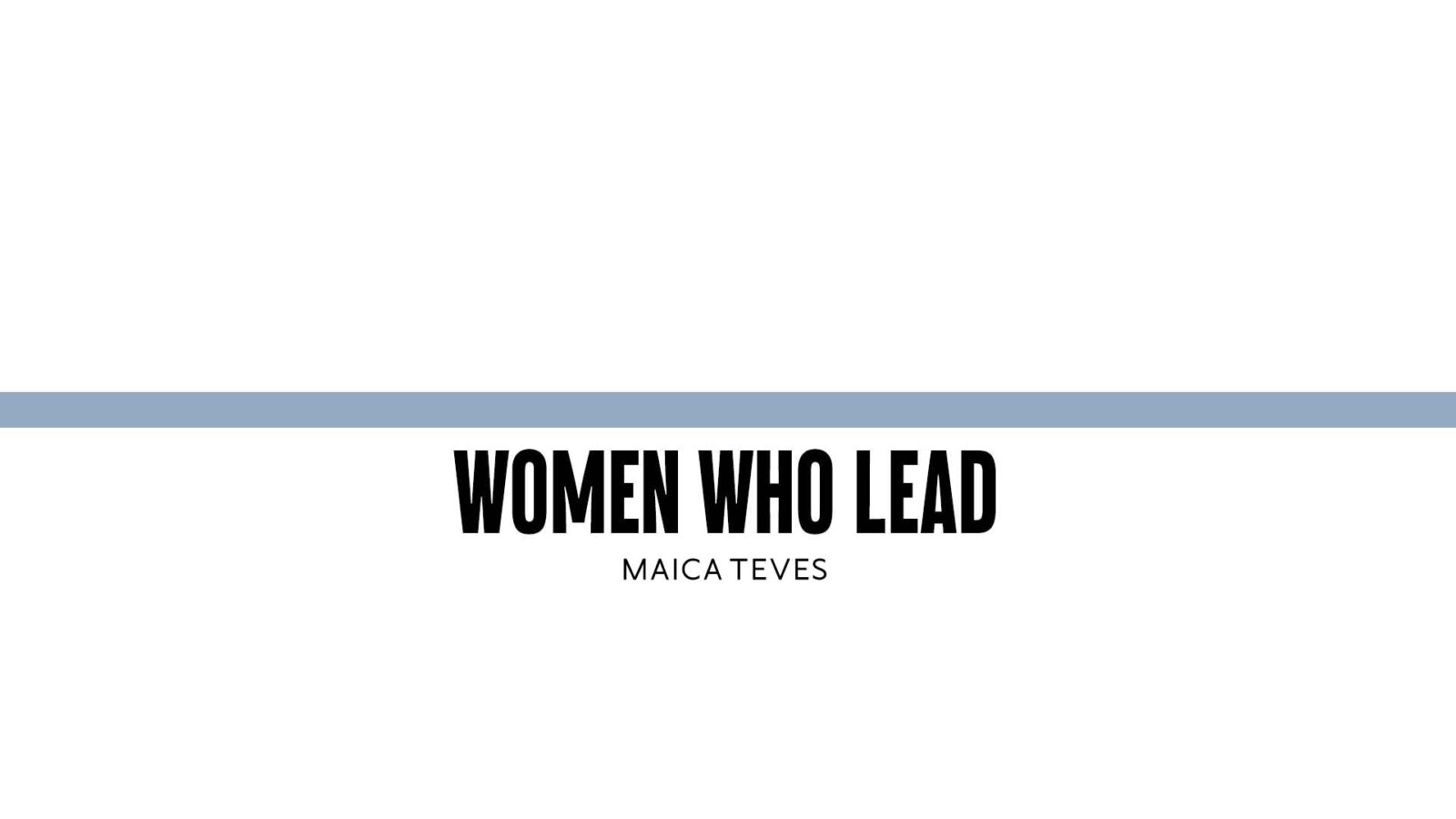
Much has been said about women’s strength and resilience in the face of adversity, but women are also more prone to certain types of mental health conditions such as depression, anxiety disorders, eating disorders, post-traumatic stress disorder, and perinatal and post-partum depression.
The causes are varied, ranging from physiological to psychosocial and societal. Factors include poverty, abuse, trauma, and even the isolation that comes with caregiving responsibilities.
Social media plays a role, too, with unrealistic beauty standards and curated content that affect women and girls’ body image and personal satisfaction. Olivia Rodrigo’s song “Pretty Isn’t Pretty” mirrors what it’s like for young women trying to conform to societal expectations pushed by the internet.
A 2025 study released in the European Journal of Psychotraumatology titled, “A Meta-analysis on Gender Differences in Prevalence Estimates of Mental Disorders following Exposure to Natural Hazards” found that women were over 80 percent more likely to report post-traumatic stress, while over 50 percent were more likely to report major depression than men. As we live in a country reeling from a succession of tropical storms and floods, keeping women’s mental health in focus is vital in how households and communities recover and rebuild from natural disasters.
It is alarming to note that in September 2025 alone, there were two reports of women who attempted suicide by jumping off a bridge onto a busy highway. One incident was on an overpass along Edsa; the woman was saved just in time by an alert bystander. The second was on a bridge over the South Luzon Expressway. Motorists below held their breath as first responders swung into action, literally, on ropes to rescue her. I pray that they are getting the support they need.
Mental health is embedded in the UN’s Sustainable Development Goal 3: good health and well-being. However, there are still gaps that need to be addressed, such as the lack of access to support and the stigma that is a barrier to treatment.
Spark! Philippines recognizes the need to address these gaps, along with the unique challenges faced by women. There is a need to create gender-specific policies that consider women’s needs, including access to specialized care and support networks through workplace and community support.
It starts with awareness and education. This will ease the stigma that prevents people from accessing help. It will dispel misconceptions, such that a depressed person is just “sad,” or that someone with anxiety is just “overreacting,” and they are told to “get over it,” and other well-meaning but misguided advice.
We cannot afford to lose more lives to the stigma that persists in our society about mental health issues. We have to start putting more interventions in place to reach those who are experiencing mental health challenges at different stages of their lives.
We held a three-part series of “Spark! Conversations Mental Health Talk Series,” focusing on the topics of single working mothers and the structural disadvantages they tend to experience. These include financial insecurity and lack of social support, and the struggles of balancing what they can offer to others while also looking after their own needs.
Spark! Philippines takes the conversation online, using its platforms, like Facebook, to remind the public of the importance of mental health, promote breaking stigma, and encourage listening and compassion as acts of hope.
To ensure that even the most marginalized sectors in our society have awareness and access to mental health education, we conducted outreach activities at the Quezon City Female Jail and the Correctional Institution for Women that included motivational talks to persons deprived of liberty, aside from the distribution of food packs and hygiene kits.
Then, of course, we continue to build on our women’s empowerment initiatives. Spark! Philippines supports women’s empowerment as a cross-cutting concern that impacts equity, economic progress, and health, and works to create opportunities for women’s financial independence.
Roy Dahildahil from #MentalHealthPH emphasizes that societal support and government policies are vital for mental health advocacy. “Awareness is the first crucial step toward mental well-being,” he states. It serves as a lifeline for those who feel alone, creating spaces for healing and recovery.
Let’s advocate for compassion and understanding regarding mental health. Together, we can foster an environment free from stigma and encourage help-seeking behavior.
Start today by checking in with a woman in your life. A simple, sincere “Kumusta ka?” could make all the difference.
—————–
Maica Teves is the executive director of Spark! Philippines, a nongovernment organization primarily focused on women’s economic empowerment.
—————–
Women Who Lead is an initiative of PhilWEN.















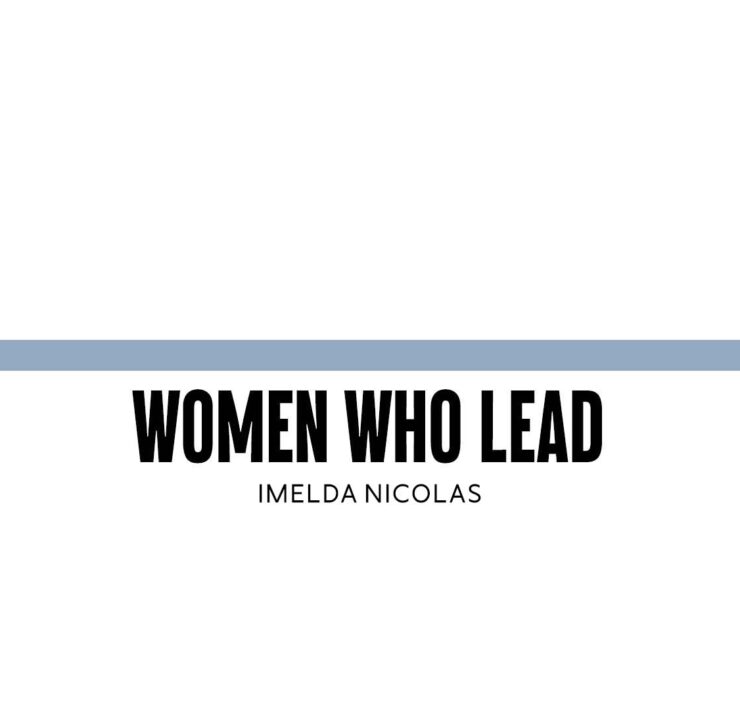
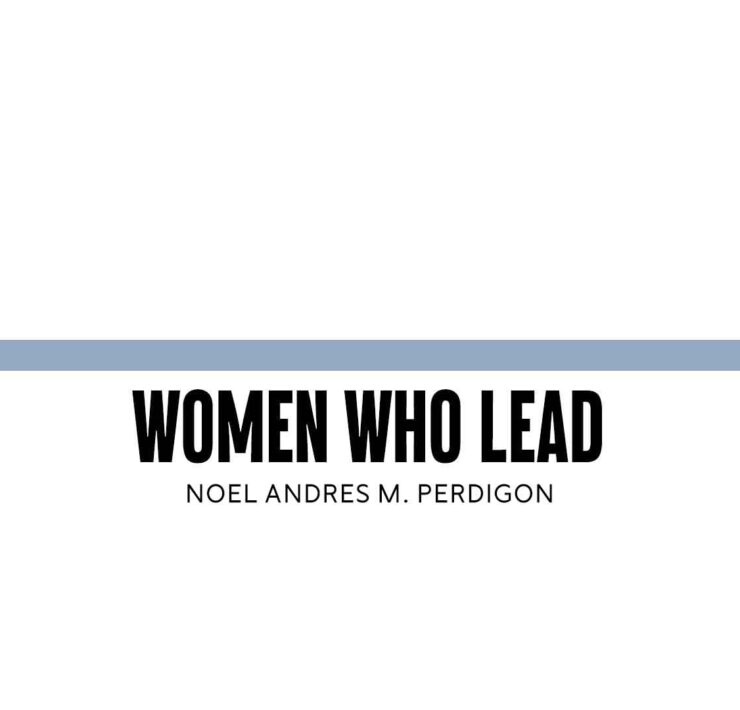
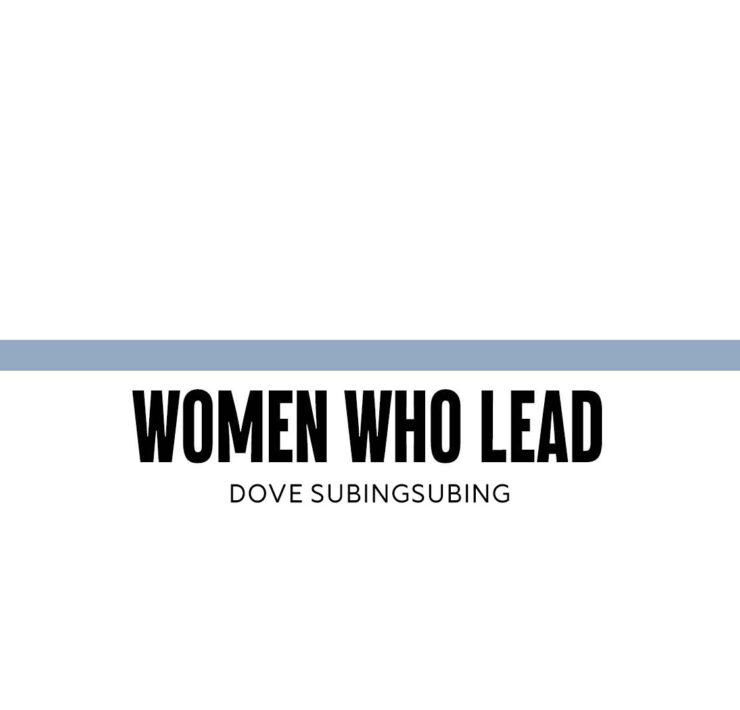
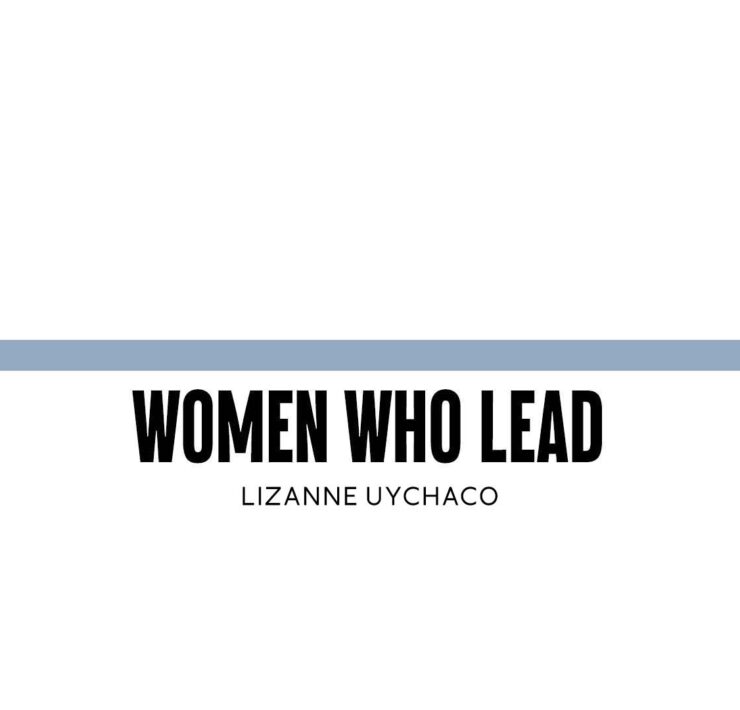


No pleasantries: A telling message from the Chinese